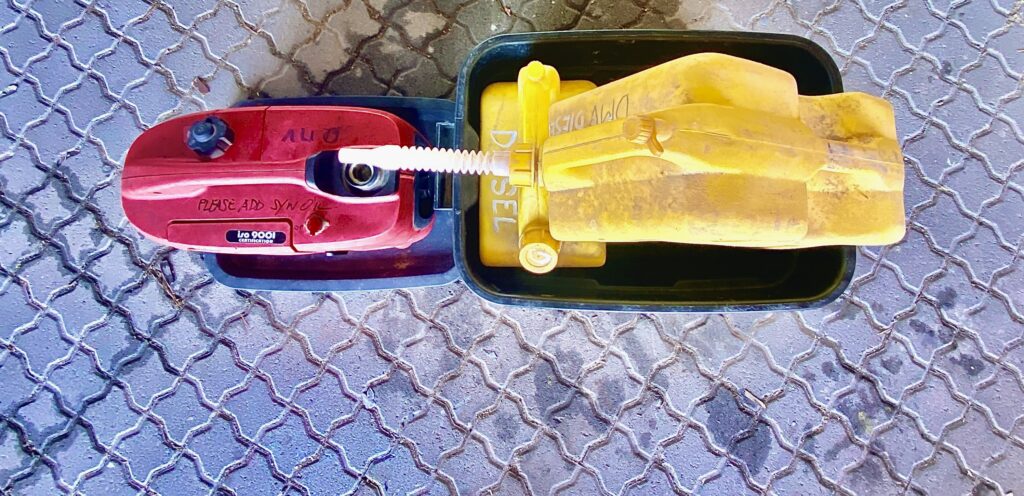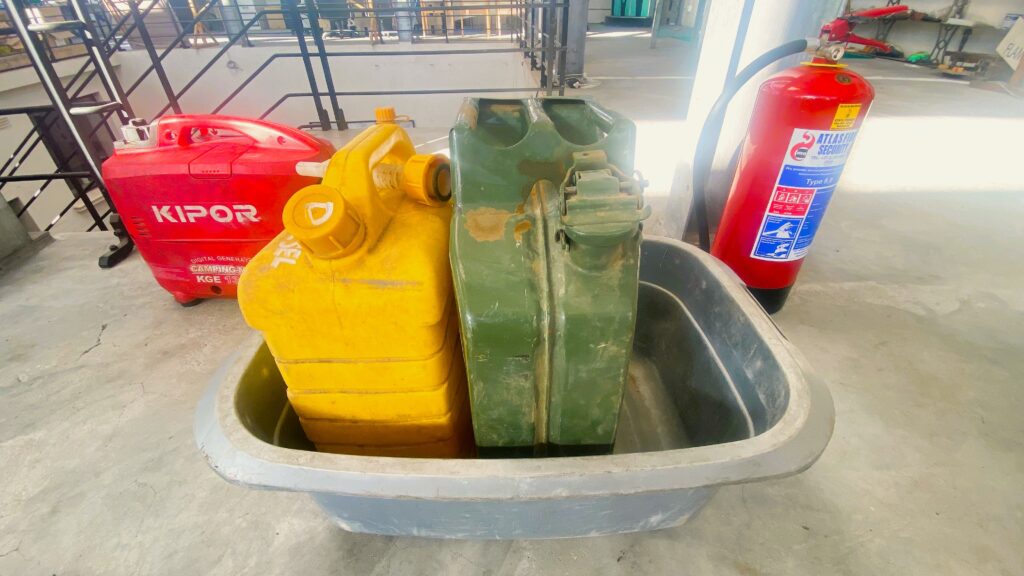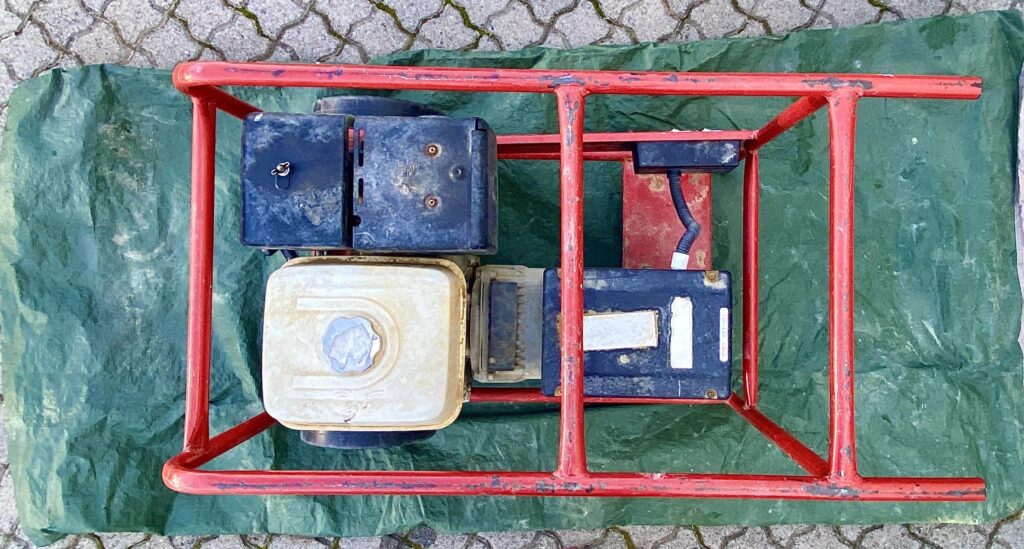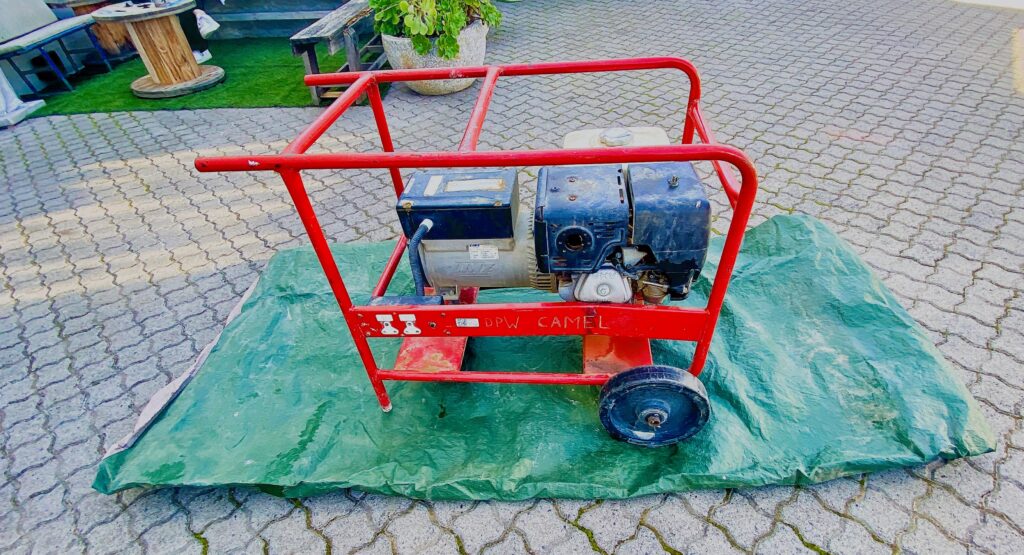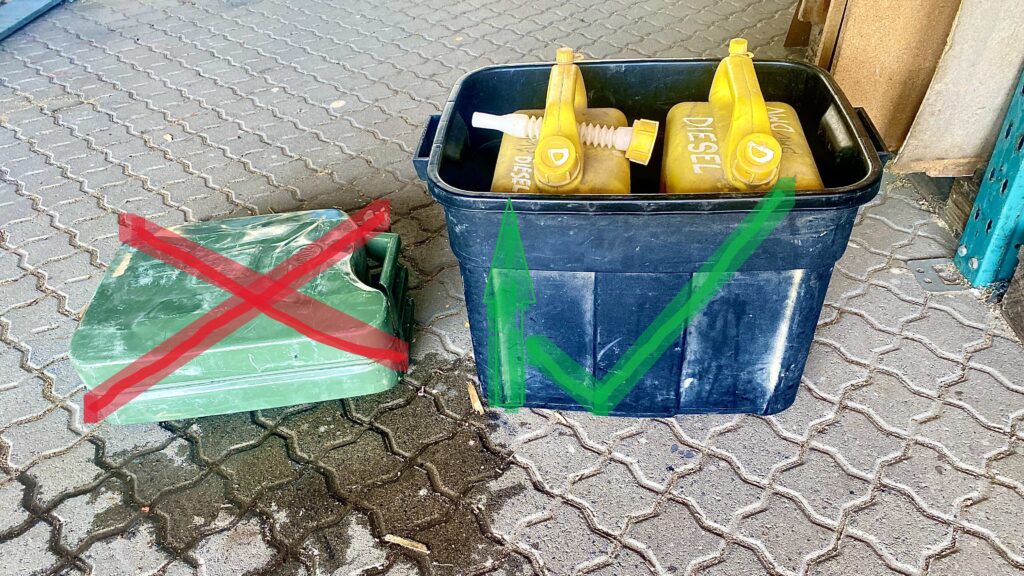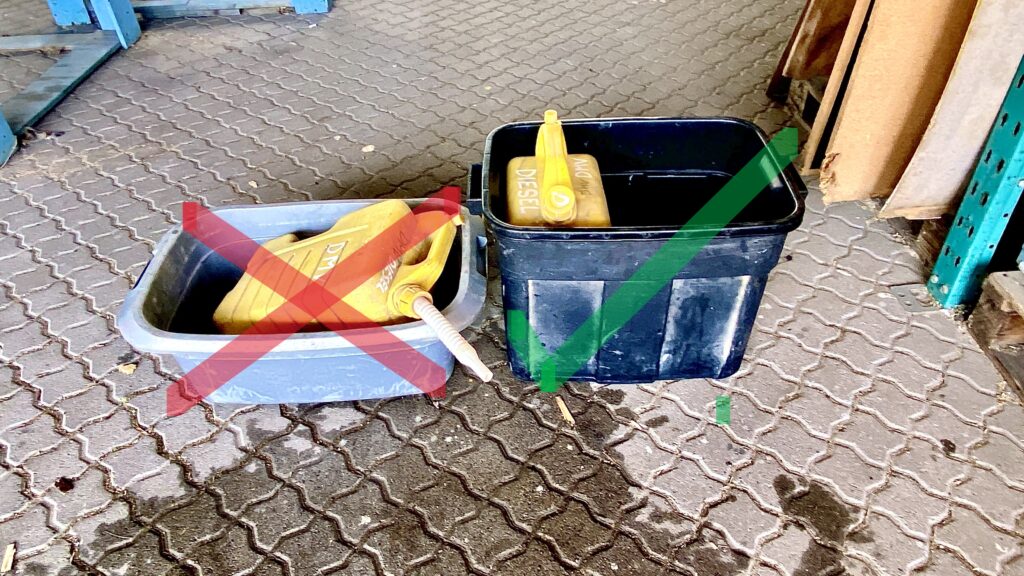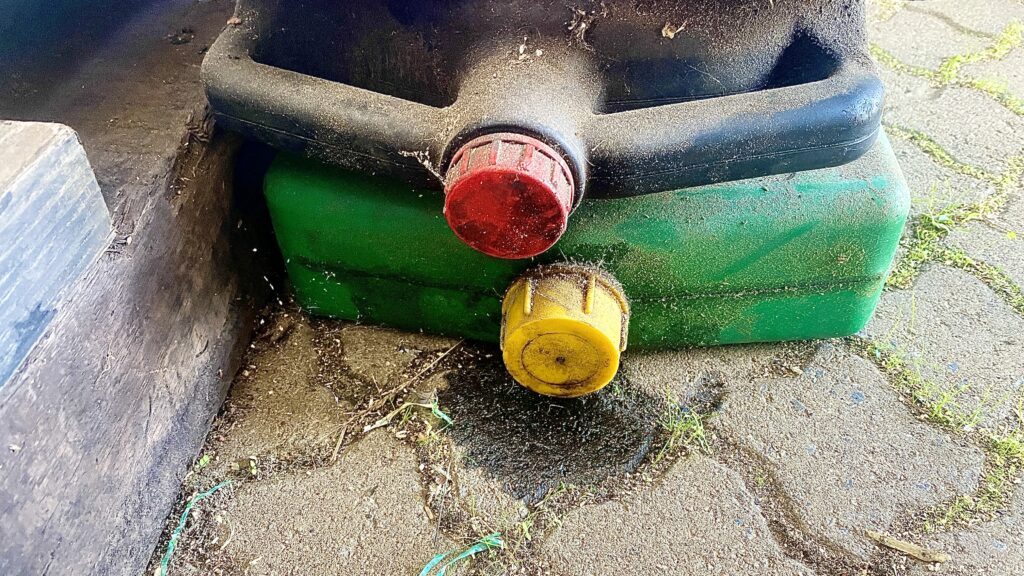Guidelines for generators:
You’re having the perfect evening, music is not too loud, vibes in the camp site are great, when suddenly your neighbour fires up his earth-shatteringly noisy generator. Generator noise pollution can be more disturbing and intrusive than a loud sound system.
Let’s all agree to some guidelines to make our camping experience better.
Guidelines:
Generator hours for Theme Camps and Artworks can’t be regulated, but we ask that you be as considerate as possible to your neighbours.
- Consider environmentally friendly energy solutions, such as solar and lower wattage appliances.
- Make sure your generator is serviced for maximum efficiency.
- Build a sound and fire-resistant baffle for your generator. Baffles can reduce the noise of your generator tremendously.
Generator hours for campsites 11am – 4pm.
- Cables and leads are a trip hazard, ensure all cables and leads are handled in a safe way.
- If you’re in a campsite and you want to run a sound system it should be battery operated. Sound systems in camping areas should be shut off after 11pm. A 12 volt battery will be ample.
- Consider investing in a blimped or silent generator or solar panels and batteries.
- There is a limit to how much fuel and gas you can have on your campsite.

